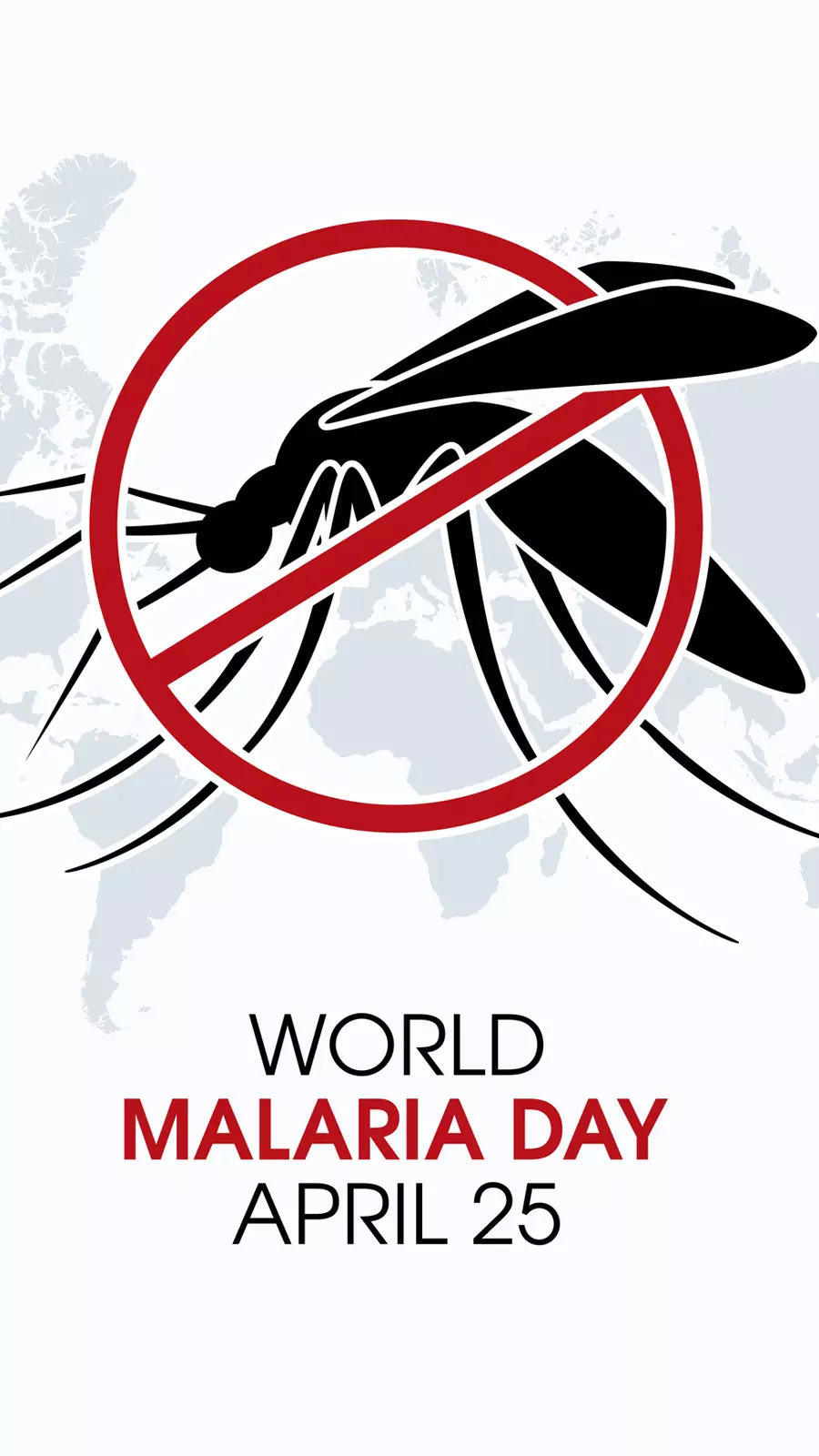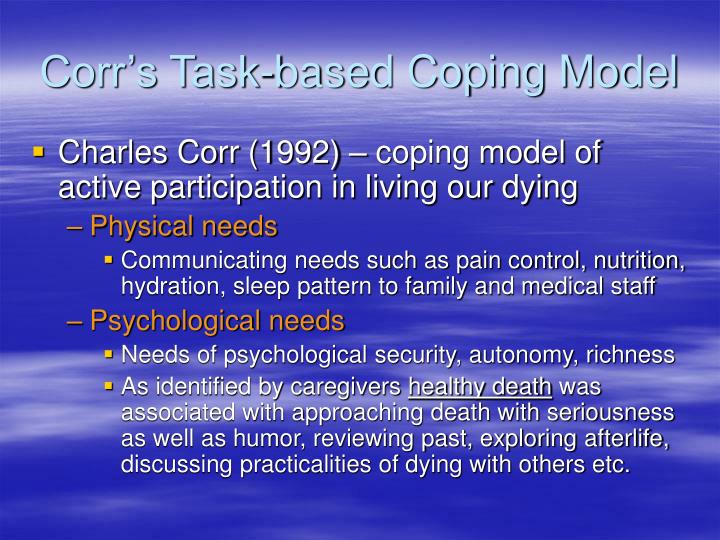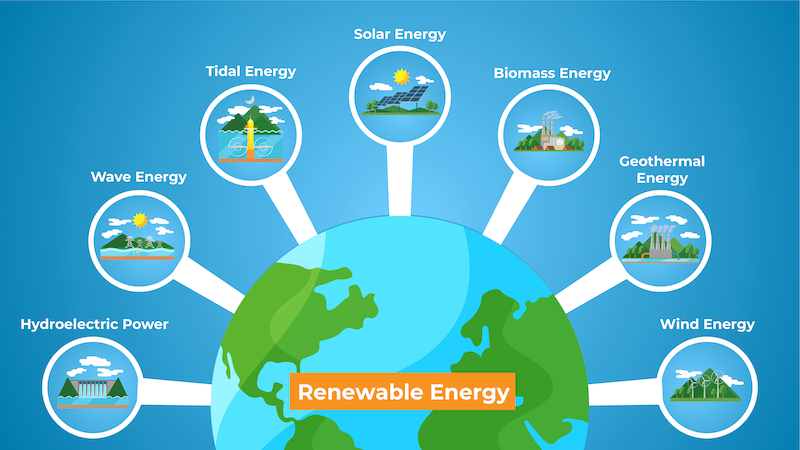


The 10th World Ayurveda Congress and AROGYA Expo, attended by delegates from 54 countries, highlighted the potential of Ayurveda to revolutionize global healthcare systems. Prime Minister Narendra Modi called for a new blueprint to promote Ayurveda globally, while Uttarakhand Chief Minister Pushkar Singh Dhami praised the event's role in combining Ayurveda and Yoga. Union Minister of State for AYUSH, Prataprao Jadhav, emphasized the surge in AYUSH production and global outreach, showcasing a blend of tradition and modern technology.
World Ayurveda Congress: Revolutionizing Global Healthcare with Ancient Wisdom
Background:
The World Ayurveda Congress (WAC) is a biennial event that brings together Ayurveda practitioners, researchers, scholars, and policymakers from around the world. The event serves as a platform to exchange knowledge, share best practices, and promote the integration of Ayurveda into modern healthcare systems.
10th World Ayurveda Congress (2023):
The 10th WAC was held in Goa, India, from December 8-11, 2023. Attended by delegates from 54 countries, the event marked a milestone in the global recognition of Ayurveda.
Keynote Address by Prime Minister Modi:
Prime Minister Narendra Modi delivered the keynote address at the opening ceremony, calling for a "new blueprint" to promote Ayurveda globally. He emphasized the need to harness the ancient wisdom of Ayurveda for sustainable healthcare and well-being.
Integration of Ayurveda and Yoga:
Uttarakhand Chief Minister Pushkar Singh Dhami highlighted the complementary nature of Ayurveda and Yoga. He stressed the importance of integrating these ancient healing practices for holistic health and wellness.
Global Outreach of AYUSH:
Union Minister of State for AYUSH, Prataprao Jadhav, presented data showcasing the significant growth in the production and global outreach of AYUSH (Ayurveda, Yoga, Unani, Siddha, and Homeopathy). He emphasized the successful blend of tradition and modern technology in the AYUSH sector.
Top 5 FAQs and Answers:
1. What is Ayurveda?
Ayurveda is an ancient Indian holistic healthcare system that focuses on preventing and treating diseases through a combination of herbs, diet, lifestyle, and spiritual practices.
2. What are the key principles of Ayurveda?
Ayurveda believes that health is a balance of three doshas (Vata, Pitta, Kapha) and that imbalances in these doshas can lead to illness. Treatment aims to restore balance and promote overall well-being.
3. How is Ayurveda practiced today?
Ayurvedic practitioners use a combination of herbal remedies, dietary recommendations, lifestyle modifications, and therapeutic massages to treat various ailments. It is often integrated with modern medicine for a holistic approach to healthcare.
4. What is the significance of the World Ayurveda Congress?
The WAC serves as a global platform for sharing knowledge, promoting research, and advocating for the integration of Ayurveda into healthcare systems. It brings together experts from all corners of the world to collaborate and explore the potential of Ayurveda in the modern age.
5. What are the future prospects for Ayurveda?
Ayurveda is gaining global recognition as a valuable complementary healthcare system. Ongoing research is exploring its efficacy in various health conditions. As governments and healthcare institutions embrace the principles of Ayurveda, it is poised to play a significant role in the future of healthcare worldwide.

With World Malaria Day approaching, it is important to understand the severity of this disease and the steps one can take for a speedy recovery. This year's theme, "Malaria Ends With Us: Reinvest, Reimagine, Reignite," aims to re-energize efforts towards eliminating malaria. From getting enough rest to staying hydrated and following proper nutrition, these tips can help in the treatment of malaria. Adhering to prescribed medication and seeking follow-ups with healthcare providers are also crucial for a full recovery.

A diverse group of individuals, including a genius with the world's highest IQ, a psychic with a museum in Tel Aviv, a skeptic Italian physicist, a researcher of the transition between life and death, and a biologist and writer, share their unique perspectives on the enduring mystery of what happens after we die. While some believe in an afterlife and the possibility of reuniting with loved ones in a different dimension, others dismiss such notions as fear-driven or scientifically implausible. Despite the conflicting viewpoints, the curiosity and debate surrounding this timeless topic continue.

As the world celebrates Earth Day, environmentalists are emphasising the need to shift towards renewable energy, particularly solar energy, to combat the ongoing climate crisis. With the theme 'Our Power, Our Planet', the focus is on raising awareness about the adoption of natural resources. Renewable energy is crucial for safeguarding natural resources and local communities, and experts are calling for the rapid transition to clean, sustainable sources like solar and biomass. The state of Telangana has abundant sunlight making solar energy a viable option, and it is essential for the government to introduce innovative initiatives to promote its adoption across all sectors. By embracing renewable energy, we can contribute to a greener tomorrow for our planet.

Professor Ning Zeng of the University of Maryland came up with the idea of burying dead trees instead of burning them to prevent carbon emissions into the atmosphere. Inspired by the durability of ancient wood found in archaeology, Zeng enlisted the help of a farmer in Maryland to bury 100 tons of unused and damaged trees on his property. However, Zeng faces a roadblock from government permits as burying wood is classified as a landfill and requires time-consuming approvals.

Researchers from the University of Helsinki and the Finnish Geospatial Institute have set up a long-term experiment using laser scanning technology to track the growth and phenology of individual trees. The study, the first of its kind, found that species richness, competitive pressure for light, and water availability all play a role in the timing of spring leaf burst and fall leaf senescence. This experiment provides a better understanding of how local factors impact tree growth and phenology, and the results have been published as open data for further research.

At the Beijing International Youth Innovation and Development Forum, experts emphasized the crucial role of young talent in shaping the future of innovation, particularly in rapidly evolving global scientific frontiers. They stressed on the need to trust, guide, and support young innovators in order to strengthen their skills, with Beijing itself fostering an inclusive talent ecosystem. The importance of cross-disciplinary collaboration in addressing global challenges such as climate change and energy security was also highlighted, with emerging technologies like quantum computing and renewable energy being crucial catalysts for progress in this regard.

World Liver Day, observed on April 19, was established in 2010 to raise global awareness about liver health and diseases. With the liver being the second largest organ and playing a crucial role in various bodily functions, the day brings attention to preventive measures and early screening. Additionally, it advocates for eliminating stigma and improving access to treatment for those affected by liver conditions.

On World Health Day, Dr. Swaramya Chandrasekaran, a gynaecologist at Rela Hospital Chennai, reflects on the progress and challenges in maternal and newborn health in India. She highlights the country's commendable decline in neonatal deaths and the success of flagship schemes such as Janani Suraksha Yojana and Janani Shishu Suraksha Karyakram. However, she also acknowledges the need for consistent quality of care, especially in rural areas, and calls for strengthening community awareness, upgrading infrastructure, and supporting maternal mental health. The adoption of global frameworks and the commitment to no mother or child being left behind further emphasize India's efforts towards a resilient future.

Recent events have sparked conversations among leading geophysicists about the risk of earthquakes in Vietnam, despite the country not being situated on major tectonic belts. Although the likelihood of catastrophic earthquakes is low, Vietnam still faces the potential for significant seismic activity, particularly in the northwest region. With the presence of multiple geological fault lines, some capable of producing earthquakes with magnitudes up to seven, experts urge for seismic hazard assessments and preparedness measures to mitigate potential damage.

On April 2, the world recognizes World Autism Awareness Day, bringing attention to the challenges faced by individuals with autism. The term "autism" was first introduced in 1911 and has been further defined and understood since then. As a wide range of developmental disorders, each diagnosis is unique, making it important to understand and support those on the spectrum. This day aims to raise awareness and promote understanding and support for individuals and their families.